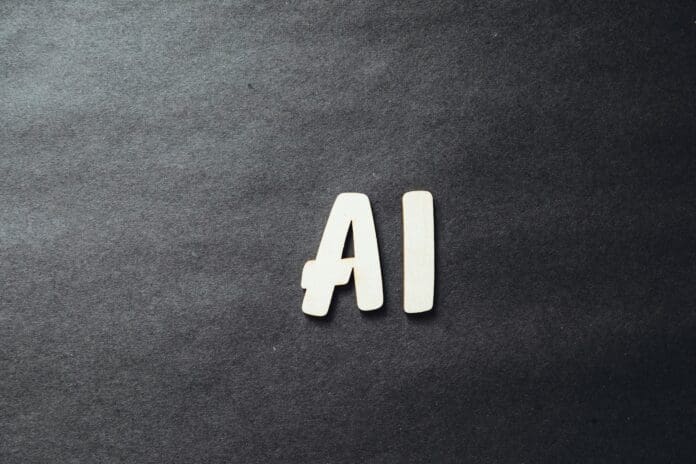This post is also available in:
 עברית (Hebrew)
עברית (Hebrew)
According to a report from the UN’s trade and development agency (UNCTAD), the global artificial intelligence (AI) market is expected to grow significantly, reaching $4.8 trillion by 2033. However, this growth comes with concerns about its impact on the workforce, with the potential to affect up to 40% of jobs worldwide. While AI offers substantial growth of productivity, it also raises questions about job displacement, especially in knowledge-based sectors this time.
This shift poses a greater challenge to advanced economies, which are more exposed to the potential risks of automation, while also being better equipped to capitalize on AI’s benefits. In contrast, developing economies could find themselves at a disadvantage, as AI-driven automation tends to favor capital investment over labor, potentially widening global inequality.
UNCTAD emphasizes that the concentration of AI infrastructure and expertise in just a few countries, notably the US and China, poses a risk of deepening existing disparities. Currently, only 100 firms globally dominate AI research and development spending, which accounts for 40% of the total global expenditure. This disparity suggests that countries without significant access to AI resources may struggle to fully leverage its potential for growth and sustainable development.
Despite the risks, the UN urges governments worldwide to take proactive steps. Investment in digital infrastructure, reskilling, and upskilling the workforce is seen as critical to ensuring that AI can enhance employment opportunities rather than eliminate them. Moreover, the UN stresses the importance of inclusive AI governance, warning that many countries, particularly in the Global South, are currently absent from key AI policy discussions.
As AI becomes a central driver of economic change, the UN calls for stronger international cooperation to ensure that AI’s benefits are shared globally, and that its development prioritizes people, not just technology.


























